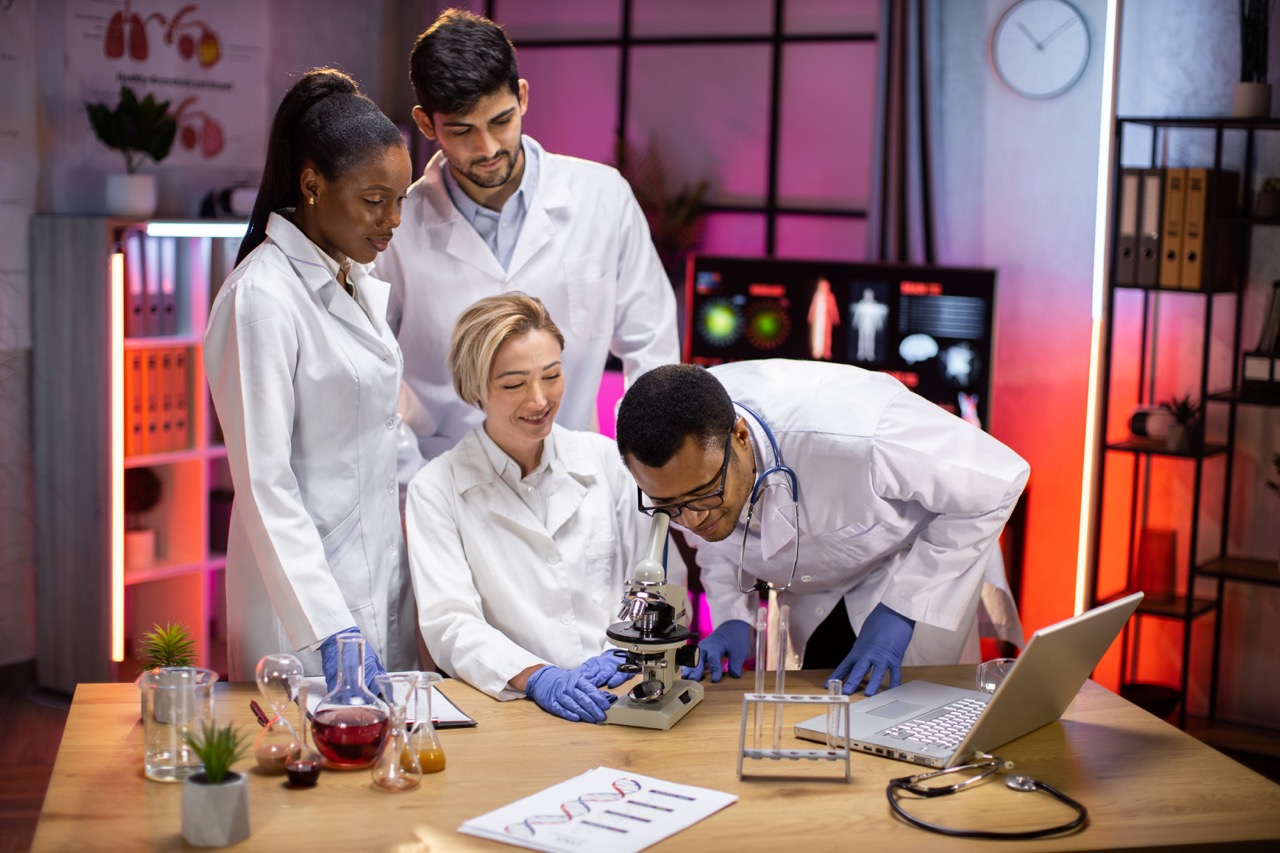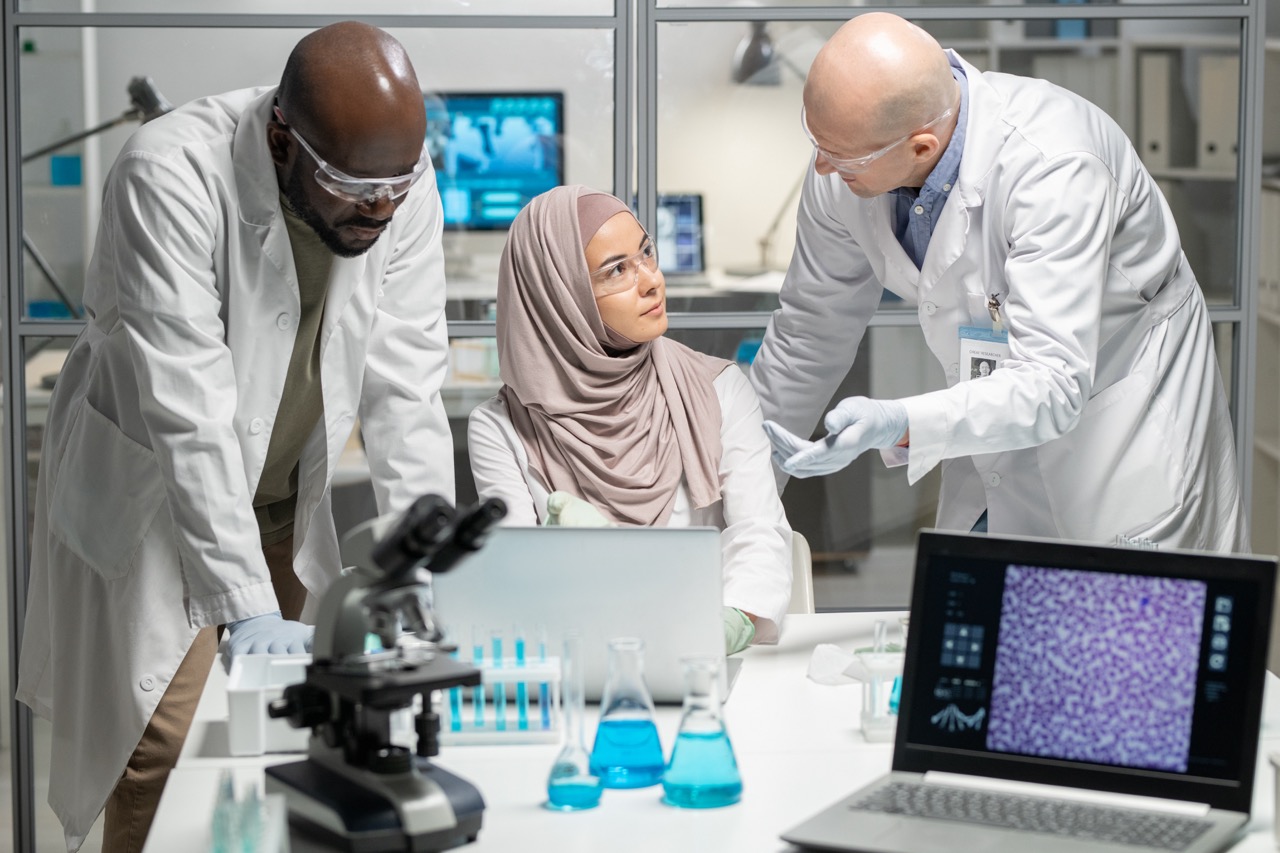John B. Goodenough, a name synonymous with innovation in the field of electronics, has left an indelible mark on the industry through his groundbreaking work in battery technology. A professor at the University of Texas at Austin, Goodenough’s contributions have shaped the landscape of portable electronics, allowing devices to sustain longer battery life, increased energy capacity, and enhanced safety. His pioneering research laid the groundwork for the lithium-ion battery, a technology that has become the backbone of modern mobile devices, from smartphones to laptops. This article explores Goodenough’s legacy, the evolution of lithium-ion batteries, their role in transforming device design, and what the future holds for portable electronics and battery technology.
The Legacy of John B. Goodenough in Modern Electronics
John B. Goodenough is widely recognized as one of the foremost figures in the development of battery technology. During the 1980s, he played a crucial role in the invention of the lithium-ion battery while working at the University of Texas. His research, which focused on developing a cathode material that could efficiently store and release lithium ions, was instrumental in making rechargeable batteries practical for portable electronics. This innovation not only enhanced the performance of devices but also pushed the boundaries of what was technologically possible at the time.
Goodenough’s achievements extend beyond the lithium-ion battery. His work in solid-state physics and material science has had a profound impact on various fields, including energy storage and conversion. His innovative approach to materials has inspired countless researchers and engineers who have built upon his findings to develop even more advanced battery technologies. His legacy is rooted in a commitment to solving real-world problems through scientific inquiry, making him a pivotal figure in the evolution of electronic devices.
In recognition of his groundbreaking contributions, Goodenough was awarded the Nobel Prize in Chemistry in 2019, alongside two other scientists. This honor not only celebrated his significant role in the development of lithium-ion batteries but also highlighted the importance of energy storage in addressing global challenges, such as climate change and the transition to renewable energy sources. Goodenough’s enduring legacy is reflected in the continued relevance of his research and its application in various domains of modern technology.
Evolution of Lithium-Ion Batteries and Their Impact
The evolution of lithium-ion batteries has been a game-changer for portable electronics. Initially commercialized in the early 1990s, these batteries provided a lightweight, high-energy solution compared to the nickel-cadmium batteries prevalent at the time. Lithium-ion batteries enabled manufacturers to create thinner, lighter devices without sacrificing performance. This shift not only improved user experience but also spurred innovation in design, allowing for the creation of smartphones, tablets, and laptops that would have been impossible with older technologies.
The impact of lithium-ion batteries extends beyond consumer gadgets; they have revolutionized industries such as electric vehicles (EVs) and renewable energy storage. As battery technology improved, the range and efficiency of electric vehicles increased significantly, making them more appealing to consumers and helping to reduce reliance on fossil fuels. Additionally, advancements in energy storage solutions have paved the way for greater adoption of renewable energy sources like solar and wind, as batteries can store excess energy for later use. This multifaceted influence underscores the importance of Goodenough’s work in shaping a sustainable future.
Moreover, the evolution of lithium-ion batteries has prompted considerable investment in research and development, pushing the boundaries of energy storage technology. Researchers are now exploring alternatives, such as solid-state batteries and new chemistries, which promise even greater safety and energy density. As we look to the future, the continued refinement of battery technology will play a critical role in meeting the demands of an increasingly electrified world.
Innovations in Energy Density Transforming Device Design
One of the most significant innovations stemming from Goodenough’s research is the remarkable increase in energy density of lithium-ion batteries. Energy density refers to the amount of energy stored in a given volume or weight, and improvements in this metric have allowed devices to operate longer between charges while maintaining a compact form factor. As a result, portable electronics have become more powerful and versatile, enabling functionalities that were unimaginable just a few decades ago.
This increase in energy density has also led to a shift in design philosophy among manufacturers. With lighter and more compact batteries, designers can create sleeker devices without compromising on performance. The trend towards ultra-thin smartphones and lightweight laptops is a direct consequence of advancements in battery technology. Moreover, the ability to pack more energy into smaller batteries has allowed for innovative features, such as high-resolution displays, advanced processing capabilities, and extensive connectivity options, all of which contribute to an enhanced user experience.
Furthermore, the drive for higher energy density is not limited to consumer electronics. It has implications for other industries, including aerospace and medical technology. In these fields, weight reduction is critical, and advancements in battery energy density can lead to significant performance improvements. As a result, the innovations initiated by Goodenough’s lab work continue to influence the design and functionality of a wide range of devices, demonstrating the far-reaching impact of his contributions to battery technology.
Future Prospects for Portable Electronics and Battery Tech
Looking ahead, the future of portable electronics and battery technology appears promising, fueled by ongoing research and development efforts aimed at overcoming the limitations of current lithium-ion batteries. One of the most exciting prospects is the potential for solid-state batteries, which are expected to offer higher energy density, improved safety, and longer lifecycle compared to their liquid counterparts. As researchers work to bring solid-state technology to market, it could lead to a new era of devices that are not only more efficient but also more environmentally friendly.
Additionally, advancements in battery recycling technology are becoming increasingly important as the demand for portable electronics continues to grow. Developing sustainable practices for battery disposal and recycling can significantly reduce the environmental impact of electronic waste. Researchers are exploring methods to recover valuable materials from used batteries, ensuring that the lifecycle of battery components is extended and contributing to a circular economy in the tech industry. Goodenough’s legacy of innovation is likely to inspire continued efforts toward sustainability in the field.
Finally, the integration of artificial intelligence (AI) and machine learning into battery management systems holds great promise for optimizing performance and lifespan. By analyzing usage patterns and environmental factors, AI can help enhance energy efficiency, improve charging protocols, and predict battery health. This technological convergence could lead to smarter devices that not only serve users more effectively but also contribute to a more sustainable energy landscape. The future of portable electronics and battery technology is bright, and John B. Goodenough’s pioneering work remains at the forefront of this transformative journey.
In conclusion, John B. Goodenough’s lab work has profoundly revolutionized portable electronics through the development of lithium-ion batteries, enhancing the energy density and efficiency of devices that have become integral to modern life. His contributions have not only transformed consumer electronics but also made significant strides in various industries, paving the way for future innovations. As we look forward, the continued advancement of battery technology promises to shape a more sustainable and electrified world, underscoring the lasting impact of Goodenough’s legacy on the future of technology.










